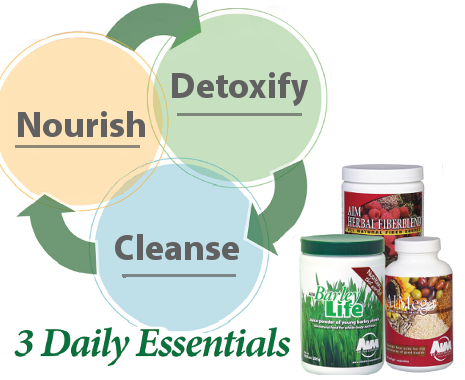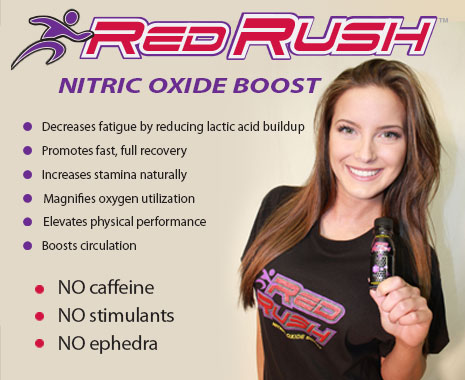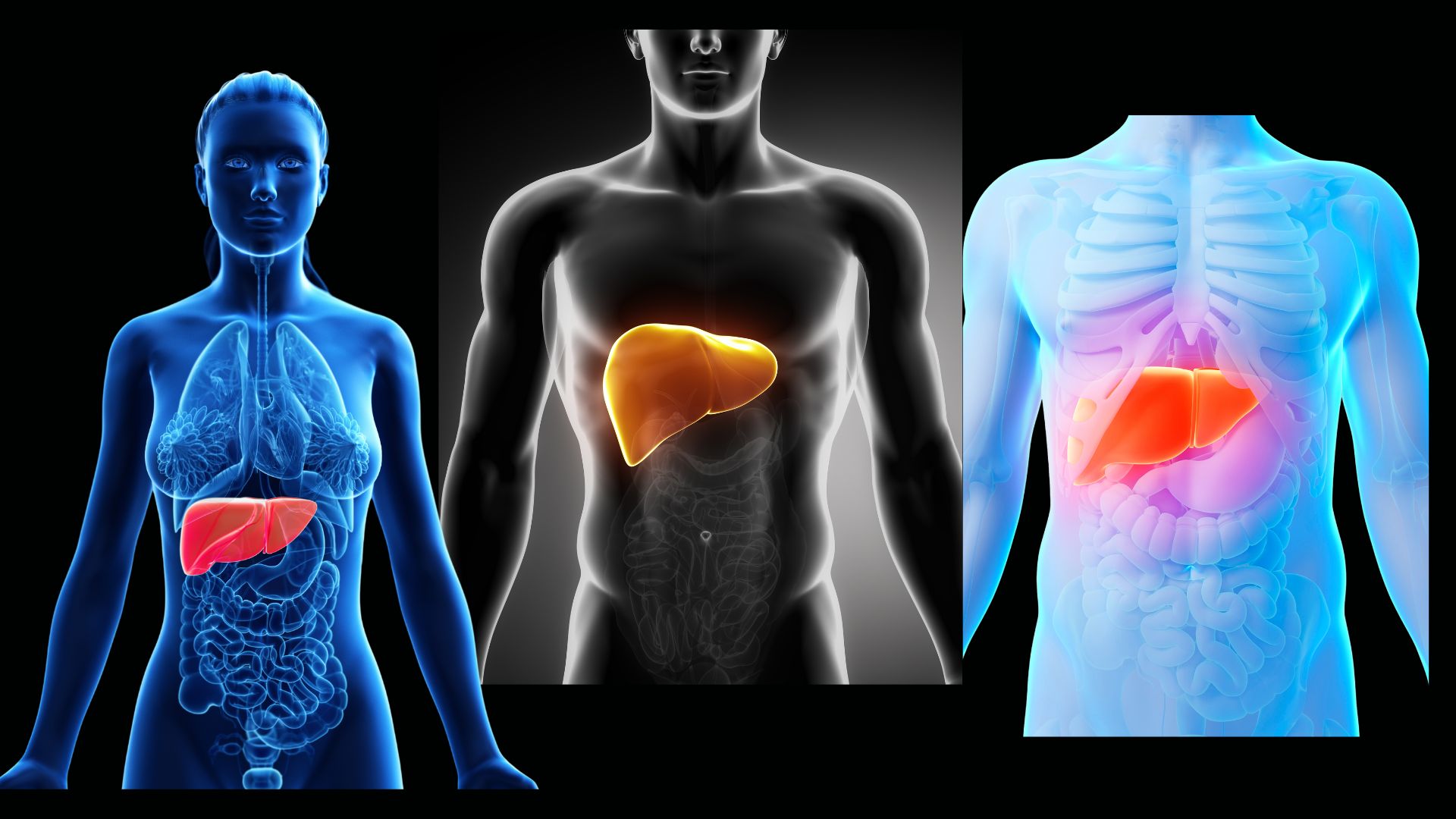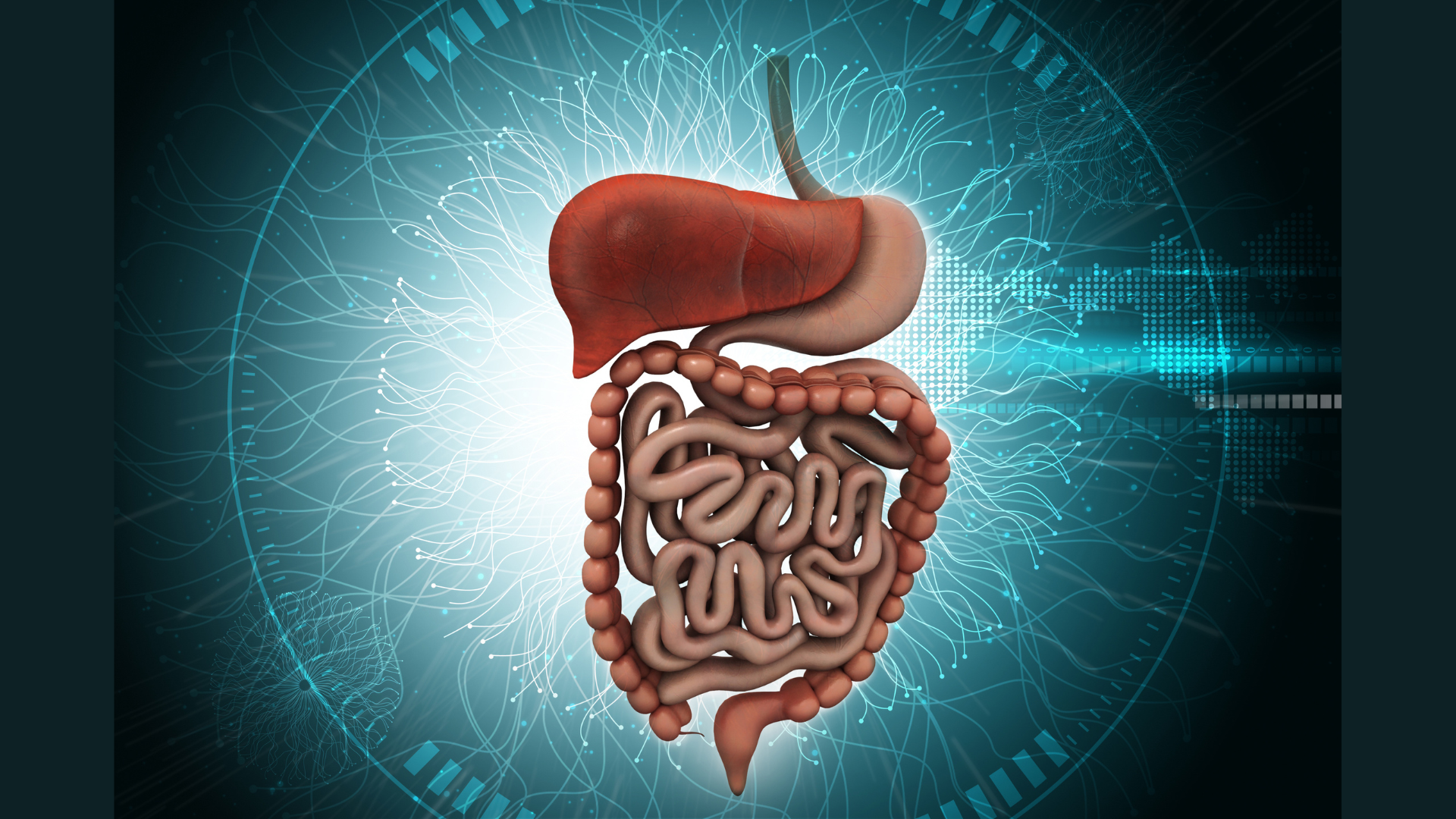6 Weight Loss Supplements
That Work
Weight Loss supplements are used by many hoping to make the struggle of losing weight a little easier. Sometimes they may benefit while some are just plain hoaxes.

And no matter which weight loss supplement is used, none of them are a miracle cure and they work best when used along with healthy weight loss nutrition.
The supplements described here are those that are found naturally in foods, and that are not overly adulterated in the laboratory. For any, you can find whole food versions, making it part of your healthy lifestyle diet for weight loss.
Healthy Weight Loss Supplements
Dietary Fiber, both soluble and insoluble, are often not touted in the category of weight loss supplements but work well for the purpose. Most people simply do not get enough “real” fiber in their daily food intake, leading to a number of health problems from constipation to high blood pressure and obesity. A combination of soluble and insoluble fiber is required for good health, as well as weight control, therefore eating foods high in dietary fiber such as fresh, organic fruits and vegetables can improve health and help maintain weight.
Dietary fiber such as psyllium and oat bran contain beta-glucan, and insoluble fiber that is known to lower bad cholesterol. This type of fiber helps balance the good and bad cholesterol by absorbing excess bile in the digestive tract, which forces the liver to create more bile salts from LDL cholesterol (the bad cholesterol). In addition, it can help you feel full and remove built up waste in the intestinal tract, both of have a positive impact for weight loss.
Chromium Picolinate is a combination of the element chromium and picolinic acid. Chromium is a nutrient naturally found in whole grain, fish and chicken, but has greatly diminished due to an all around lack of nutrients in the food chain. Since it is needed to regulate blood sugar levels and to help your body's ability to utilize glucose for energy, the FDA now recommends a daily intake of approximately 130 mcg. In supplement form, it is often combined with picolinic acid to help it absorb into your system.
As a weight loss supplement, chromium picolinate is said to improve metabolism, help your body burn fat as well as increase muscle mass. At least one study did show that those who used it had a higher incidence of fat loss than those who did not use it, but this was in conjunction with diet and exercise (1)(and there's nothing wrong with that). Studies done with athletes showed no significant difference, while some people report negative side effects (heart palpitations) of dosage more than 200 mg per day.
Green Tea Extract is a favorite in the weight loss supplements due to the low cost and effectiveness. It an excellent alternative for when you just cannot find time to brew and drink green tea, or if you simply do not care for it. While it comes from the same plant as black tea, Camellia sinensis, green tea is not fermented so the active compounds stay in tact. These compounds are called catechins with EGCG being the most active, and are responsible for the many health benefits enjoyed by tea drinkers.
Your body's primary fat-burning hormone is eorepinephrine, which may be blocked by a particular enzyme called COMT. Catechins in green tea help inhibit this particular enzyme, which in turn naturally elevates your fat-burning hormone levels. The combination of the catechins and green tea's natural caffeine helps your body burn more energy and increases your body's resting metabolic rate, which means burn more calories throughout your day. (2) Studies do show that those who drink green tea while dieting do lose more fat, especially in the abdominal area.
Green tea extracts are a supplemental form of the green tea with a more concentrated form of antioxidants. Studies find this extract is more easily absorbed into your system, especially when taken with a meal or supplement of the Essential Fatty Acid, Omega 3 (or fish oil). The extract also contains caffeine, so be careful, especially those who are sensitive to stimulants.
Green Coffee Extract, like green tea extract, is from the same plant as its namesake, however it is not roasted like coffee, leaving the active and healthy compounds in tact. As a weight loss supplement, the fat burning compound found in green coffee extract is chlorogenic acid, an antioxidant which is also found in some vegetables and fruits.
Chlorogenic acid is the component in coffee that is found to lower blood pressure, increase blood flow and protect against certain disease such as Parkinson's. Green coffee extract contains a concentrated dose of chorgenic acids, is highly bioavailable (easily absorbed and used by the body) and is also shown to reduce body fat by increasing thermogenesis, or your body's ability to burn fat as fuel. (4)
Capsaicin is the hot stuff found in cayenne peppers and has long been used by bodybuilders to burn off excess fat. But don't worry, you can find "cool" capsaicin supplements that are less hot. Research published in the Journal of Digestive Diseases and Sciences as well as the National Institutes of Health confirm that capsaicin does increase thermogenesis, and taking it before moderate exercise increases the amount of fat burned for energy. (5) While some people add cayenne pepper to drinks or food, you can avoid the heat by taking it in capsule form. It is said it works best when taken 30 minutes before a meal, but some find it easier on the stomach to take it with food.
L-Glutamine is an effective weight loss supplement and an amino acid naturally made by your body, however, gastrointestinal issues and intense work outs can create a need to supplement. Often, some who start l-glutamine report better digestion even though no issues were known (this may be due to impaired digestion from a diet high in processed foods).
L-Glutamine is a popular weight loss supplement for bodybuilders and dieters because it enhances cell hydration, muscle growth and repair. For the average person, this means it helps your body recover from workouts quicker. Another benefit of supplementing this amino acid is that it can help your body to naturally manufacture more Human Growth Hormone (HGH), also known as the anti aging hormone.
While some people supplement HGH, this can be dangerous as well as ineffective, and allowing your body to manufacture more on its own does have proven benefits. Increased HGH creates a greater efficiency of the body to burn fat as well as increase lean muscle mass. L-glutamine comes in powder or pill, with many fitness experts recommending the powder form due to increased ability to absorb it, and it has no flavor.
Most supplements are synthetic versions (manufactured in a laboratory), while others are made from the fermentation of vegetables. (Allmax Nutrition Glutamine is one example of the natural version.)
Related Articles
 Weight Loss Nutrition Guide to eating healthier |
 Weight Loss Tips |
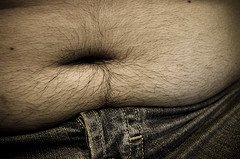 Weight Loss Cleanse |
Resources:
(1) Harris, C, Hoeger, W., Long, E.M., Welch, M., Hafner, T.L., Kjorstad, R.L., & Hopkins, D.R. (1998). Twenty five days of dietary supplementation with chroma slim augments body fat reduction. Medicine and Science in Sports and Exercise, 30(5), 62.
(2) Energy and protein metabolism Abdul G Dulloo, Claudette Duret,, Dorothée Rohrer, Lucien Girardier, Nouri Mensi, Marc Fathi, Philippe Chantre, and Jacques Vandermander ; Efficacy of a green tea extract rich in catechin polyphenols and caffeine in increasing 24-h energy expenditure and fat oxidation in humansAm J Clin Nutr December 1999 70: 1040-1045
(3) Vinson JA, Burnham BR, Nagendran MV. Randomized, double-blind, placebo-controlled, linear dose, crossover study to evaluate the efficacy and safety of green coffee bean extract in overweight subjects. Diabetes Metab Syndr Obes. 2012;5:21-27.
(4) Hsu CL, Huang SL, Yen GC Inhibitory effect of phenolic acids on the proliferation of 3T3-L1 preadipocytes in relation to their antioxidant activity. J Agric Food Chem. (2006)
(5) Leung, F. W. "Capsaicin as an Anti-obesity Drug."National Center for Biotechnology Information. U.S. National Library of Medicine, n.d. Web. 31 Mar. 2015.
